A routine health inspection conducted at Cha Cha Cha restaurant and bar revealed multiple violations at the facility. Poor hygiene practices and non-compliance with food safety procedures were observed by the inspecting officer. The restaurant’s health permit is suspended, and closure is ordered.
Please note that the results mentioned here are from a particular inspection conducted on April 1 and may not represent the future health inspection status of the establishments.
Highlights
- A routine health inspection was conducted on April 1, 2025, at the Mission St. outlet of Cha Cha Cha.
- Non-compliance with the food safety code resulted in the suspension of the health permit and closure.
- The restaurant must pass a re-inspection by the health department before reopening.
Cha Cha Cha Health Inspection Failure
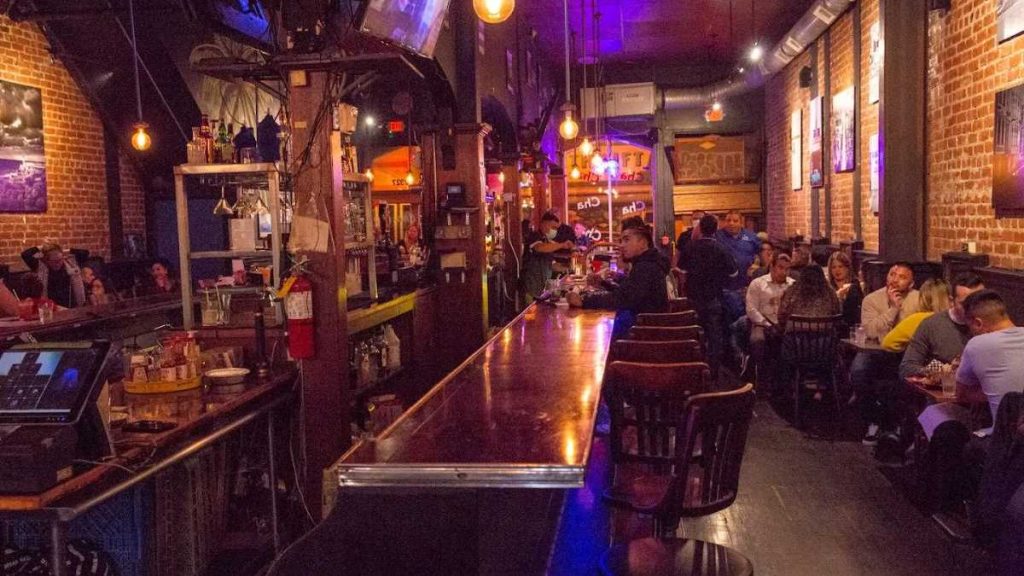
- Where: 2327 Mission St, San Francisco, CA 94110
- When: April 1, 2025
Cha Cha Cha is a tapas bar that serves sangria, a Caribbean menu, small bites, and more. The restaurant has two outlets in San Francisco. A routine inspection was conducted on Tuesday at the Mission St. outlet. Due to a violation of the food safety code, the outlet was asked to cease its operations temporarily.
What Led to Caribbean Tapas Bar’s Failing Health Inspection?
Heavy insect and rodent infestation was observed at the food establishment. It was the main issue of concern. An active cockroach infestation and large rodent droppings were seen. Live, fast-moving nymph cockroaches, and droppings were found inside the prep cooler near the main kitchen entrance.
Numerous dead cockroaches in sticky traps in the motor area located in the back of the prep cooler were noted in the report. Live cockroaches were seen walking on the shelf holding bowls and the top gaskets of the right door of the cooler. Numerous dead cockroaches were smashed in between the gaskets and the top door frame, in the sticky trap behind the piping of the kitchen, and stuck in the caulking under the bar counter.
The inspector observed large rodent droppings on the floor, under tables, and in the basement. Cleaning was initiated at the time of the inspection. The pest control operator was called, and the inspector pointed out areas of concern and discussed a treatment plan.
A lot of food items were not held at proper hot and cold holding temperatures. Foods out of temperature control were voluntarily discarded at the time of inspection. All other foods were relocated at the time of inspection to a working unit.
The inspector saw cooked potatoes at 42-52F in a deep plastic bucket, cooked 5-6 hours prior. The potatoes were immediately shifted into shallow metal pans to continue the cooling process. Employees were asked to follow proper cooling methods.
The mussels were stored in melted ice, and their shell stock tag was not kept with them. They were stored in melted ice. The inspector instructed staff to put tags on and relocate the mussels into a proper storage method (on drained ice, not underwater).
The inspecting officer has mentioned the observations in the inspection report. The facility is asked to ensure the removal, cleaning, and sanitization of rodent-affected areas. Conduct pest control at the facility and seal entry points with durable repair. Lastly, all food contact surfaces have to be cleaned and sanitized.
After fulfilling all the requirements, the facility has to contact the department to request a re-inspection. If everything goes well, the facility will be allowed to open again.

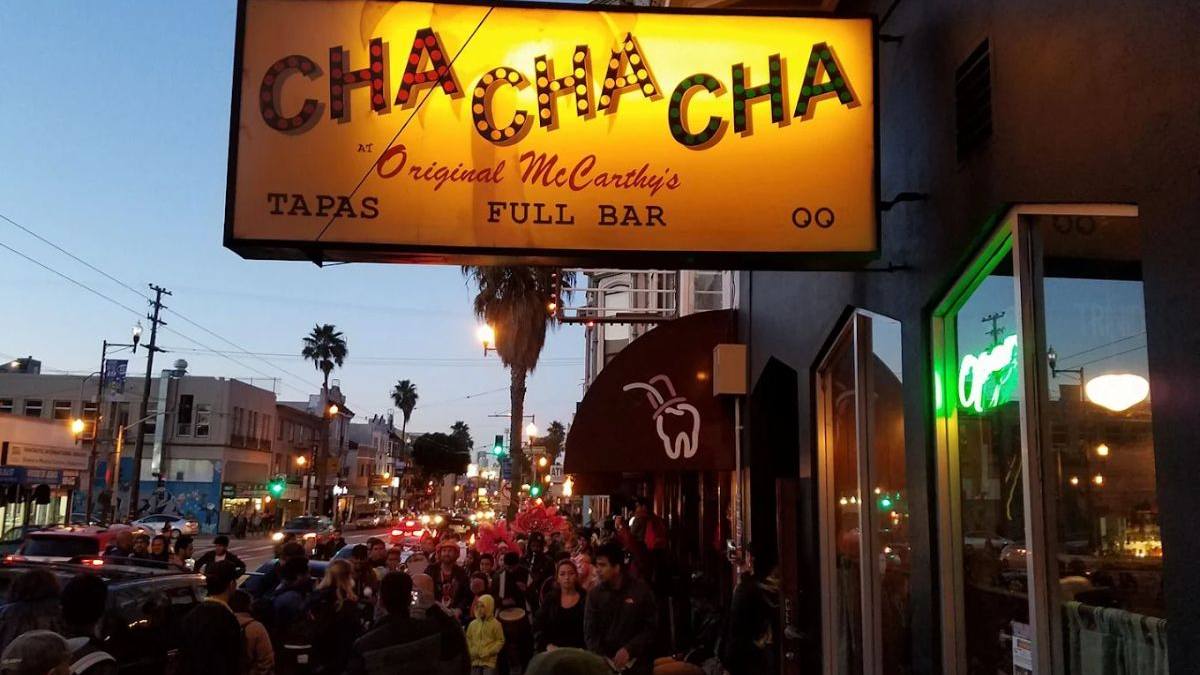





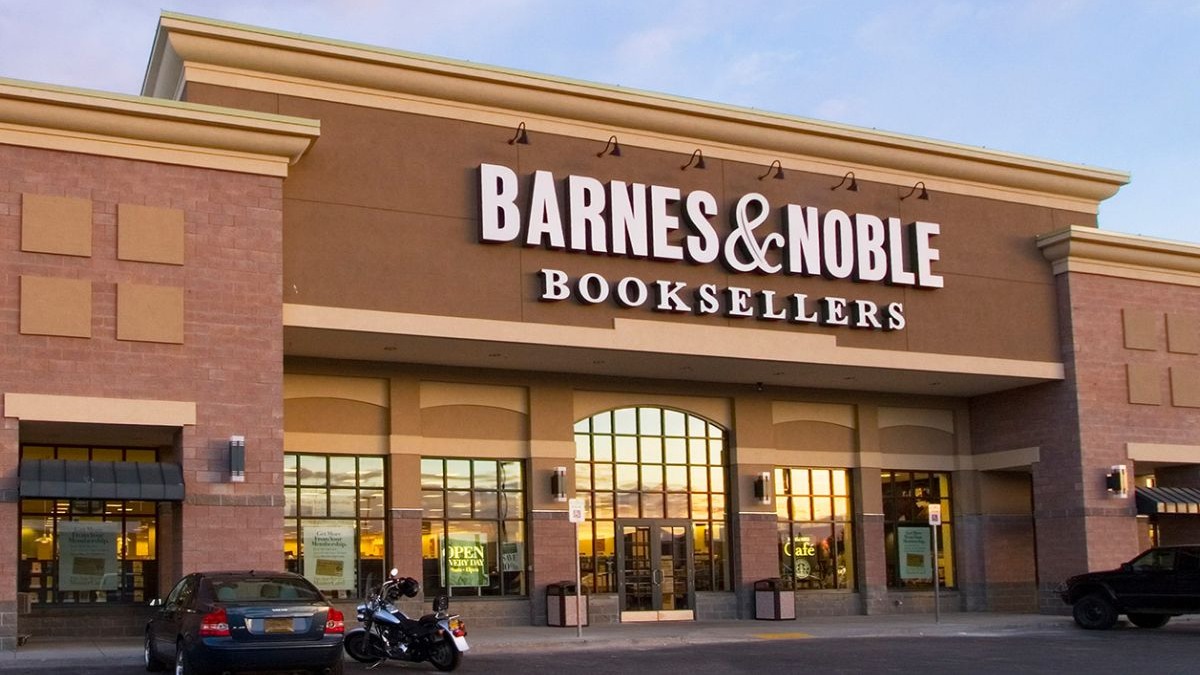

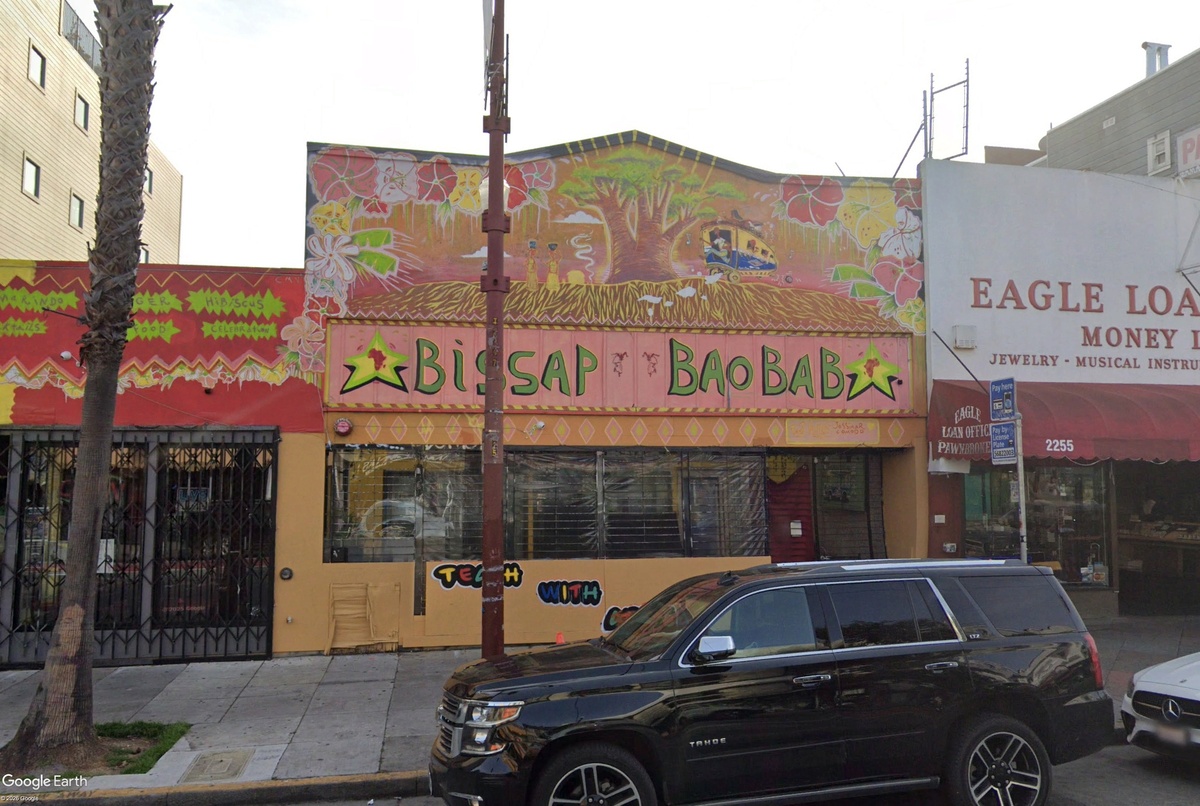

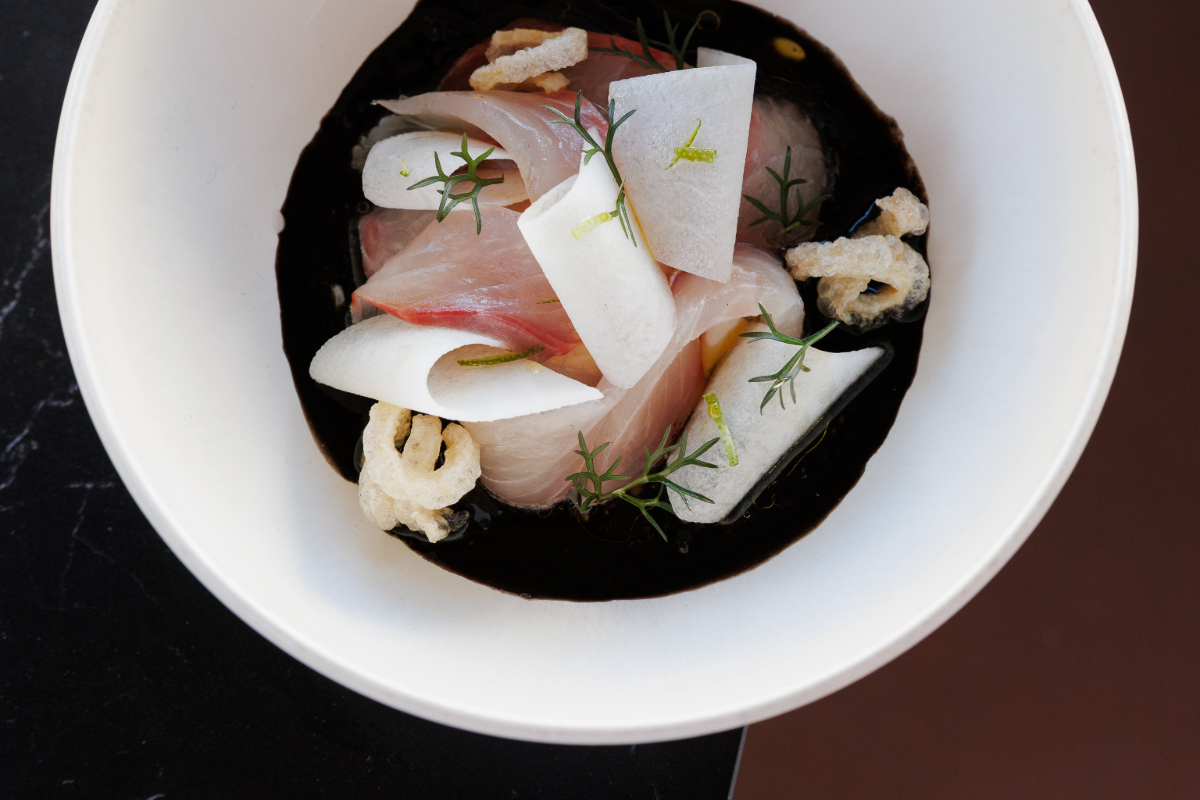
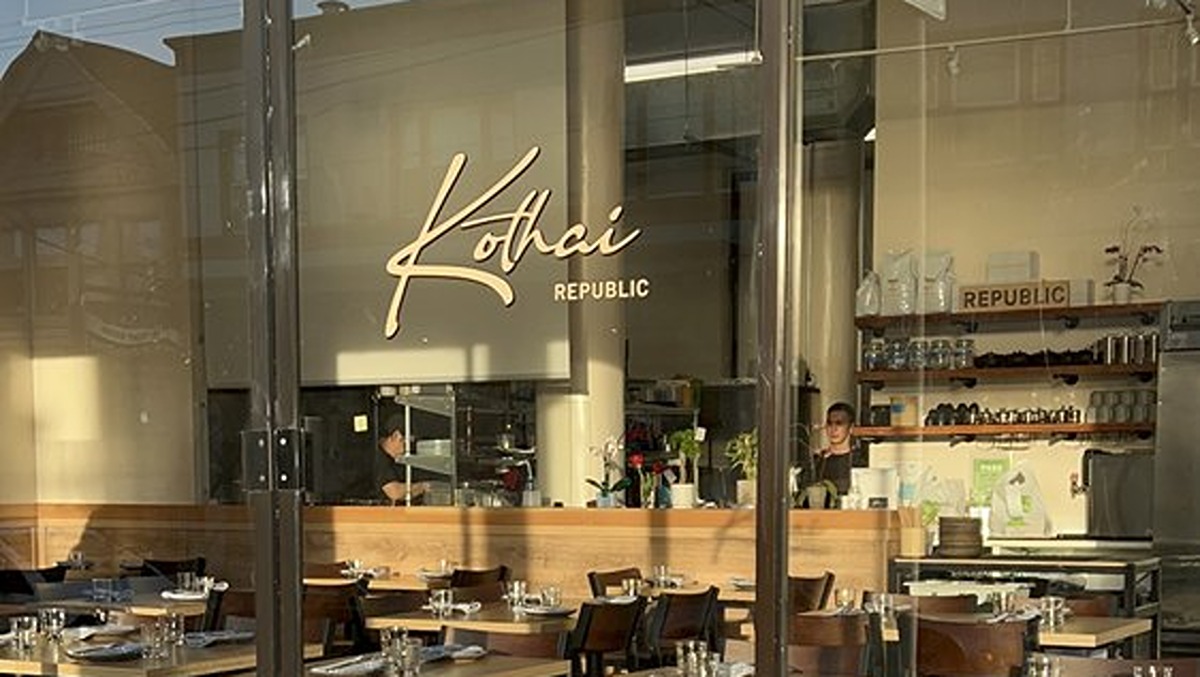

Yoooo, I was just there eating two weeks ago. I ordered sangria, tots and chicken. I’m am shocked and disgusted.